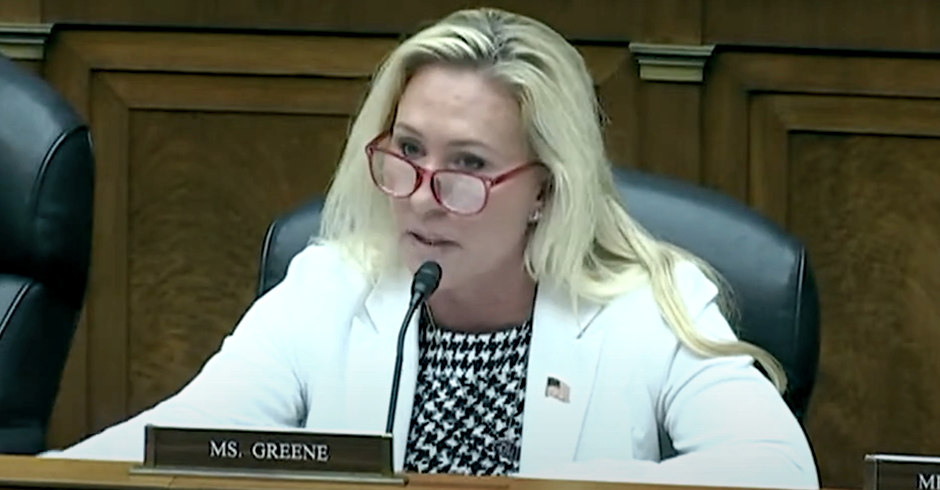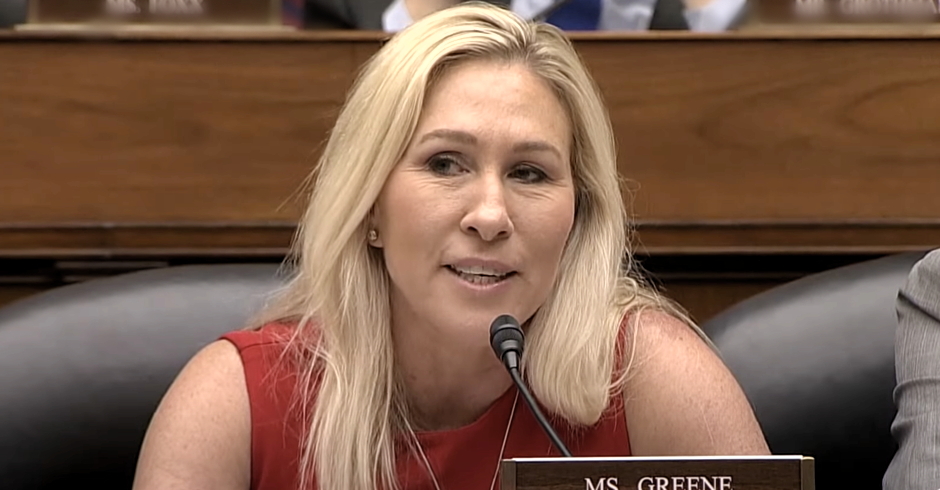Don’t Ask, Don’t Tell Repeal Vote Scheduled — But What Are The Hurdles?
Senate Majority Leader Harry Reid, in another surprise juggling act with the lame duck calendar, late Thursday pulled the highly-controversial $1.1 trillion omnibus spending bill and invoked cloture on the “Don’t Ask, Don’t Tell” repeal bill. This means the Senate can vote on whether or not to vote on repealing “Don’t Ask, Don’t Tell” 48 hours after cloture is invoked, which would put the earliest possible vote at Friday afternoon or evening, but most sources report the vote is likely to come Saturday morning, after the Senate votes on the DREAM Act once again.
Then, providing visions of sugarplums dancing in Republican Senators’ heads are more motivating than invoking a Senate rule allowing them to wait thirty hours before voting on the actual bill, there is a strong chance, as the stars are currently aligned (even the weather is in our favor,) that the “Don’t Ask, Don’t Tell” repeal bill could actually be voted on and passed, with just a simple majority needed, on Saturday.
In an also surprising move, as reported by John Aravosis and Politico, the White House, ever-ready to shoot itself in the foot, is “quietly pushing far more aggressively for the new START treaty, signaling it may be open to punting the “don’t ask, don’t tell†repeal until after the new year if it can get enough GOP votes on the treaty for ratification, according to several senators and Democratic aides.”
An important note to Senator Joe Manchin: freshman Senators who play politics with core Democratic values don’t get re-elected. This piece on the fifteen Democrats in the House who voted against “Don’t Ask, Don’t Tell” repeal has been the top story here since first published. Their names now live in infamy. A “no” vote by any Democratic Senator will raise a wave of anger so virulent they will never get re-elected. Even Senator Ron Wyden, who was just diagnosed with cancer and is undergoing surgery Monday, will be on the Senate floor to vote for repeal.
Whether or not Manchin votes for repeal, it appears that with signals from GOP Senators Brown, Collins, Snowe, and Murkowski, along with possibly Voinovich and Lugar, Democrats have enough Republican votes secured to pass the bill. 60 votes are needed to end debate, then just a simple majority to pass the bill.

Enjoy this piece?
… then let us make a small request. The New Civil Rights Movement depends on readers like you to meet our ongoing expenses and continue producing quality progressive journalism. Three Silicon Valley giants consume 70 percent of all online advertising dollars, so we need your help to continue doing what we do.
NCRM is independent. You won’t find mainstream media bias here. From unflinching coverage of religious extremism, to spotlighting efforts to roll back our rights, NCRM continues to speak truth to power. America needs independent voices like NCRM to be sure no one is forgotten.
Every reader contribution, whatever the amount, makes a tremendous difference. Help ensure NCRM remains independent long into the future. Support progressive journalism with a one-time contribution to NCRM, or click here to become a subscriber. Thank you. Click here to donate by check.
 |

















